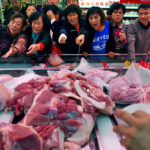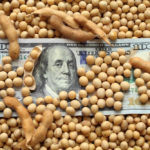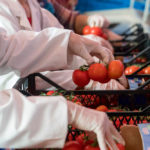Reuters | Chicago – For the second time in less than two months, overly aggressive market expectations for the U.S. corn crop tanked Chicago corn futures August 12, when the U.S. Department of Agriculture published its latest round of reports. Analysts did not think it was possible for U.S. farmers to have planted as many













